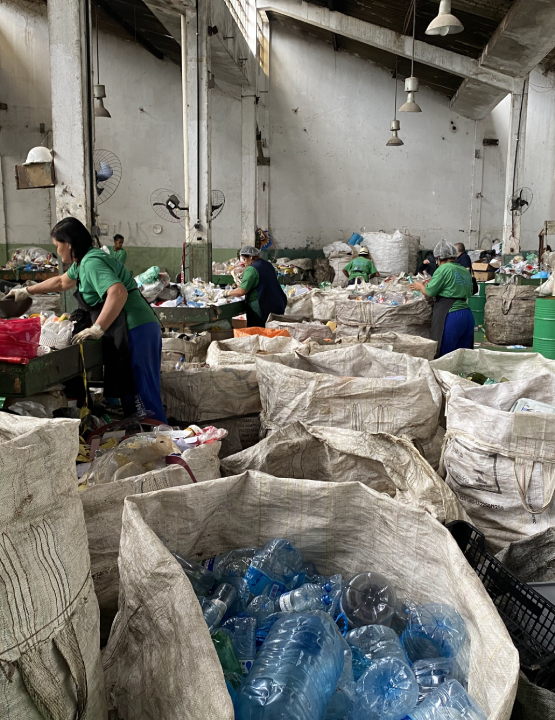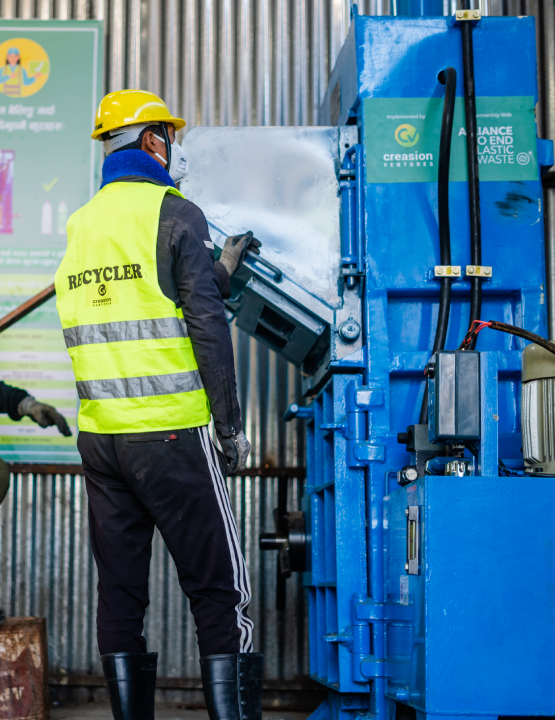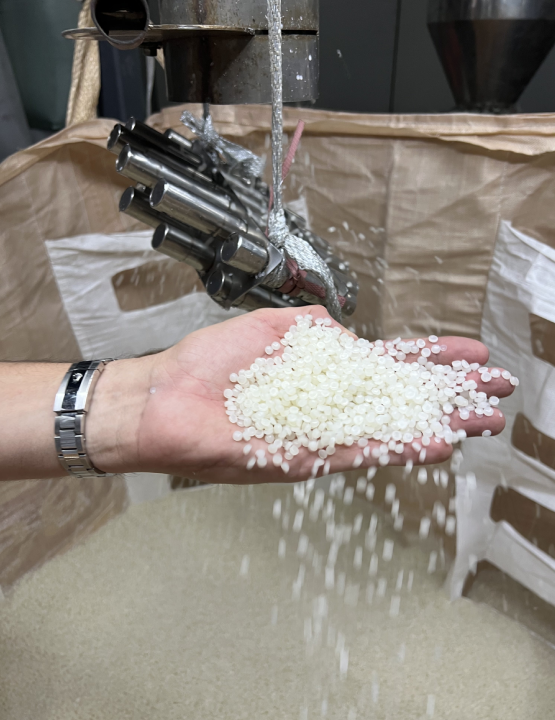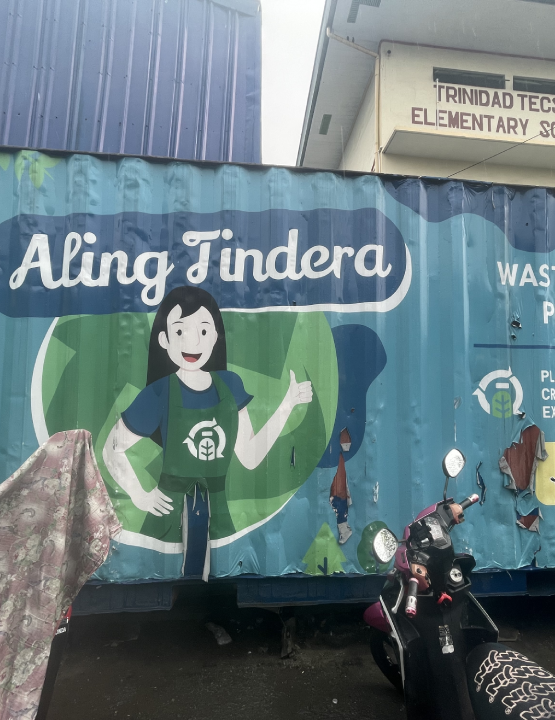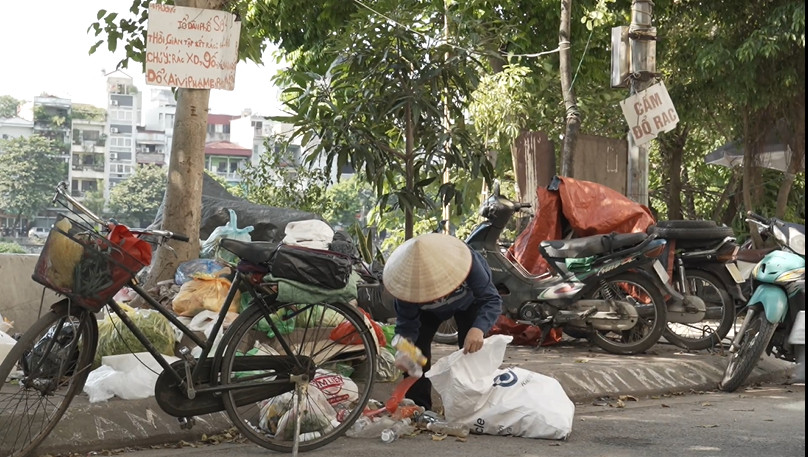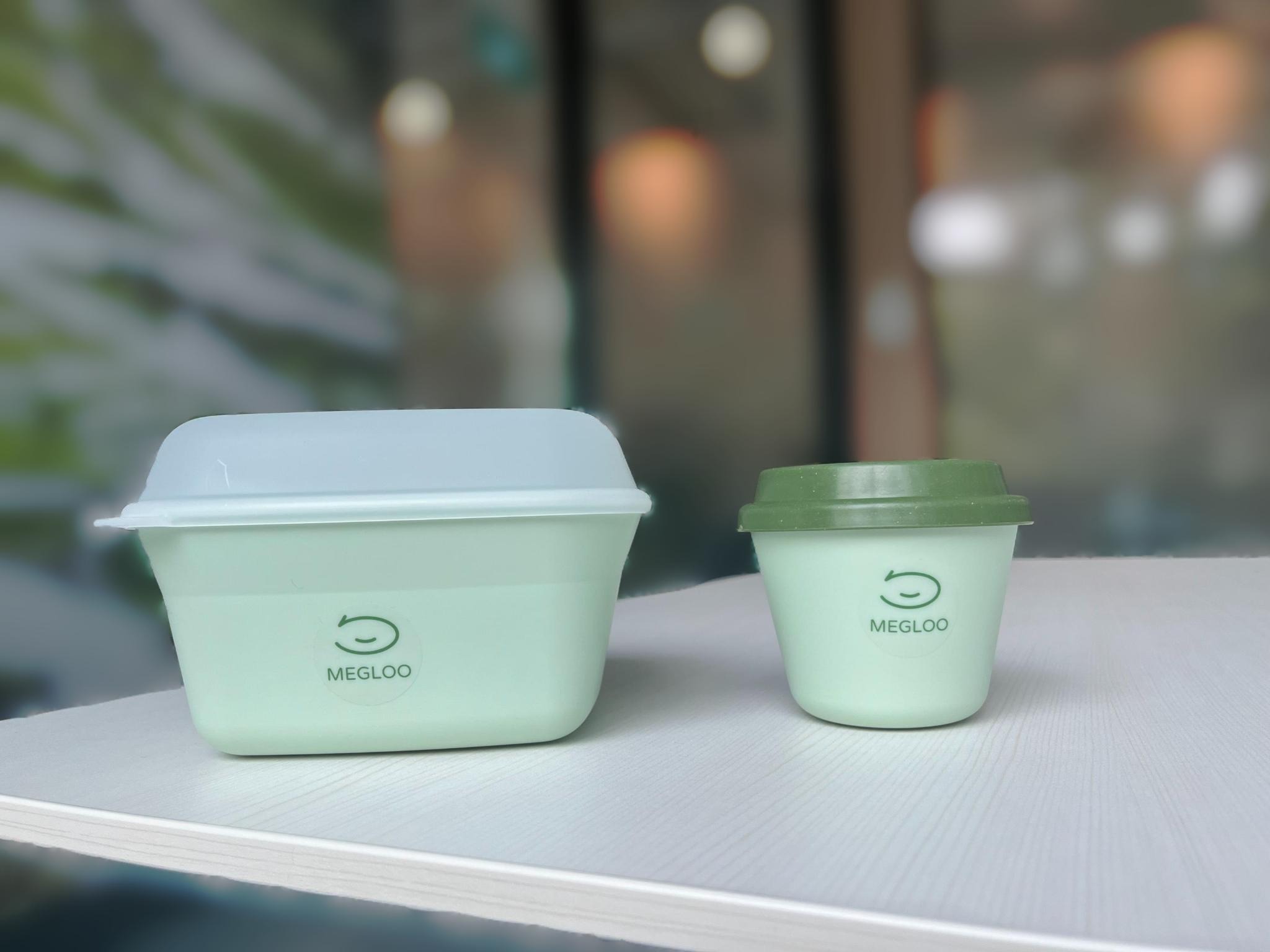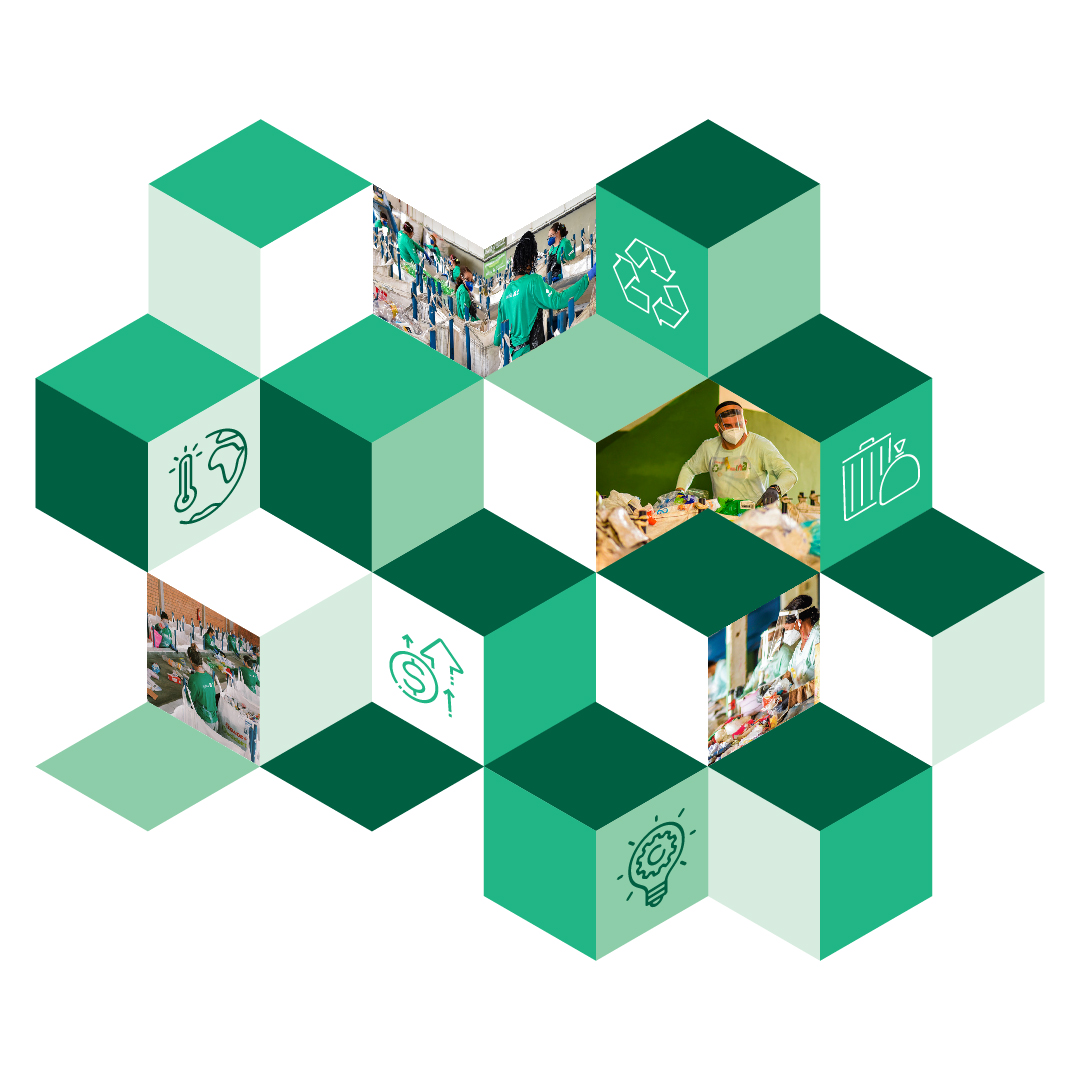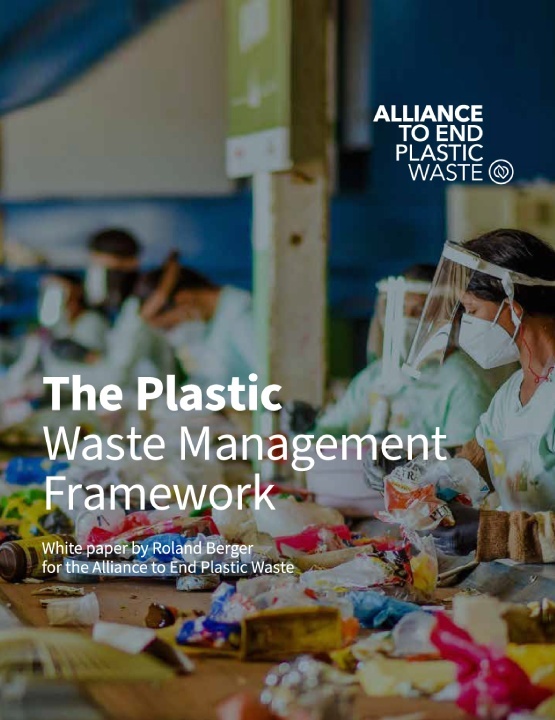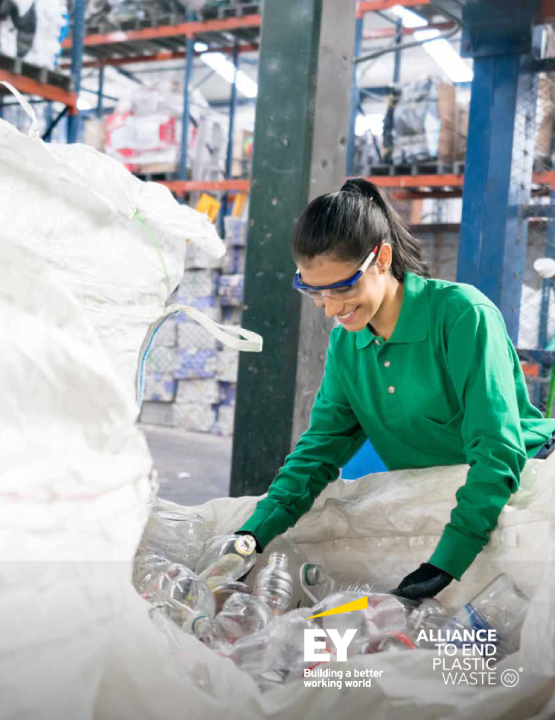The Alliance is working with social-environmental enterprise Saahas Zero Waste to help bring informal waste workers in four Indian cities into the formal economy, while maximising the recovery of low-value flexible plastic waste. Now in its second phase, the project, which could serve as a model to other Indian cities, is helping micro-entrepreneurs direct more low-value plastics towards recycling.
Bengaluru, Delhi, Kochi, and Pandhurna
Let’s Transform
The Let’s Transform initiative tackles both environmental and social concerns in India by helping to build ethical supply chains and improving the lives and livelihoods of waste entrepreneurs and informal waste workers, while also diverting low value plastics from landfills and water bodies. The current phase focuses on directing a large portion of flexible plastics towards recycling.
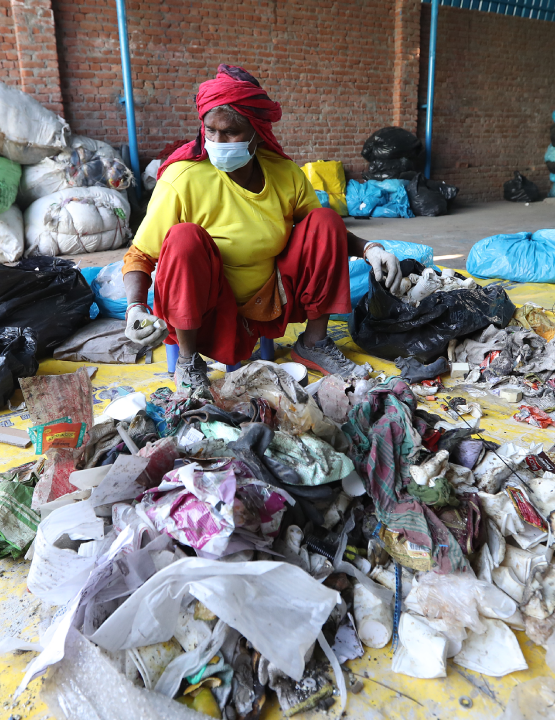
Overview
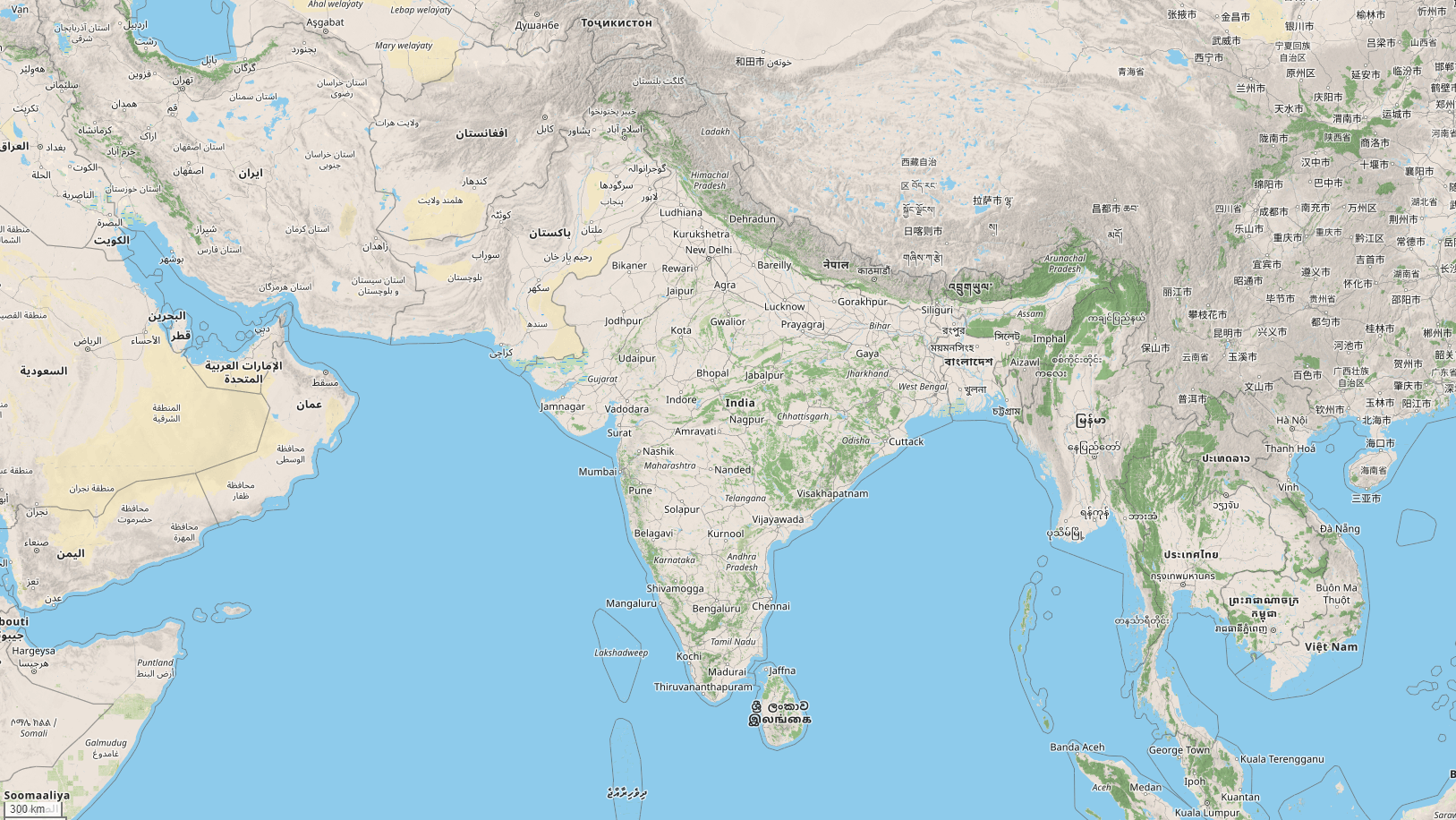
Location
Multiple cities, India
Partner
Saahas Waste Management Pte Ltd
Achieved
- Amount of plastic waste diverted from the environment and valorised: 3,793 tonnes
- No. of informal sector entrepreneurs engaged as partners in the second phase of the project: 3
- No. of waste workers who received safe and economically sound working conditions: 40
Ethical Supply Chains That Transform Waste Management in India
Each morning, 36-year-old Tajuddin heads to his 4,500 sq ft waste collection facility in Ghaziabad, a suburb of Delhi. There, he and his five female employees sort recyclables collected by small aggregators from the city’s homes and apartments, and ensure that largely neglected low-value plastics make their way to waste processors for recycling.
Waste workers across his supply chain work in hygienic environments with access to well-maintained sanitary facilities, are equipped with PPEs, and receive their salaries through bank transfers.
This is a far cry from when Tajuddin ventured door-to-door as an 18-year-old, collecting waste with his bare hands, and managing an informal and unsafe family-run facility. India’s five million sanitation workers have a long history of working in hazardous conditions, where fatalities are a matter of course – India estimated that between 2018 and 2019, at least one sanitation worker succumbed to the unsafe and unsanitary conditions every five days.
Tajuddin’s life – and that of the waste aggregators and scrap dealers that form part of his supply chain – took a dramatic turn for the better when he partnered with Saahas Zero Waste (SZW) in the Alliance-supported Let’s Transform initiative. Let’s Transform aims to build ethical supply chains and improve the lives and livelihoods of informal waste workers while diverting low-value plastics from landfills and water bodies.
The project, which began in April 2022, is now in its second phase. The first phase focused on social inclusion for the informal waste sector, including waste aggregators and scrap dealers. Together, this community and its value chain manages more than 90% of the country’s waste, estimated at 63 million tonnes a year, a number projected to grow to 3.4 billion tonnes per year by 2050 unless managed sustainably.
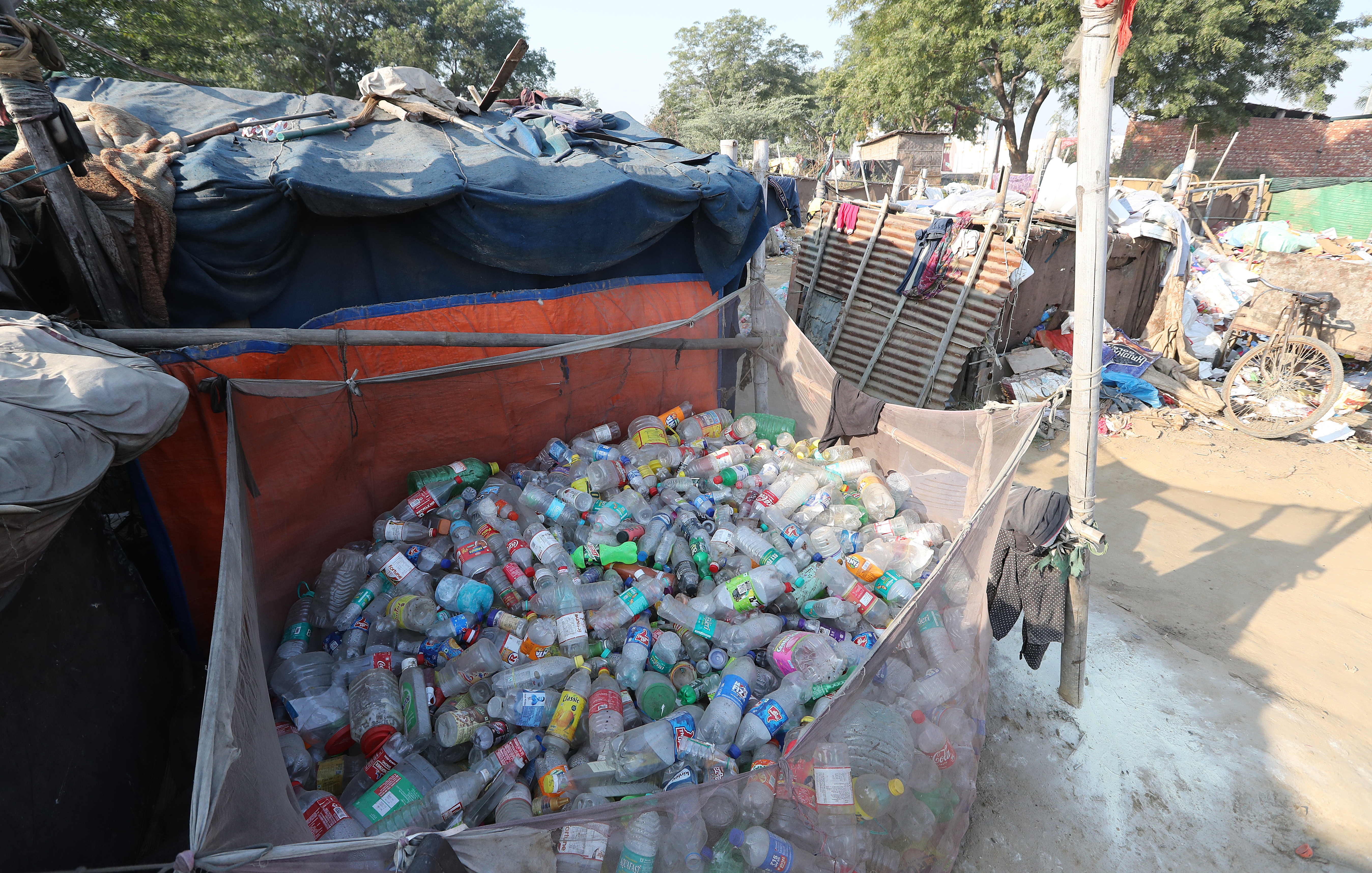
Four micro-entrepreneurs – including Tajuddin – were identified in Bengaluru, Delhi, Kochi, and Pandhurna, and provided with the financial and managerial support to formalise their businesses and ensure clean, safe, and economically sound working conditions for those in their supply chains.
These workers, in turn, helped maximise the recovery of low-value plastics including flexible films and packaging, diverting them from landfills and water bodies, and towards co-processing in cement kilns or recyclers.
The four micro-entrepreneurs were further provided with training in bookkeeping, on health and safety, and labour laws, as well as responsible waste management practices to ensure that they would be able to maintain compliance, and that they properly understood the benefits of an ethical business model.
At the end of Phase 1, some 3,793 tonnes of primarily low-value plastic waste had been diverted from the environment and valorised.
Three of the four entrepreneurs that made significant progress on social inclusion during the first phase are being engaged in the second phase of Let’s Transform. In this phase, which kicked off in May this year, the project team is helping the micro-entrepreneurs to add value to the sourced waste, and divert a portion of it towards recycling. They are also being taught to use the digital traceability tool, TRACER, designed to track the end-to-end movement of the plastic waste, providing both transparency and access to data. The programme will be completed in November 2023.
